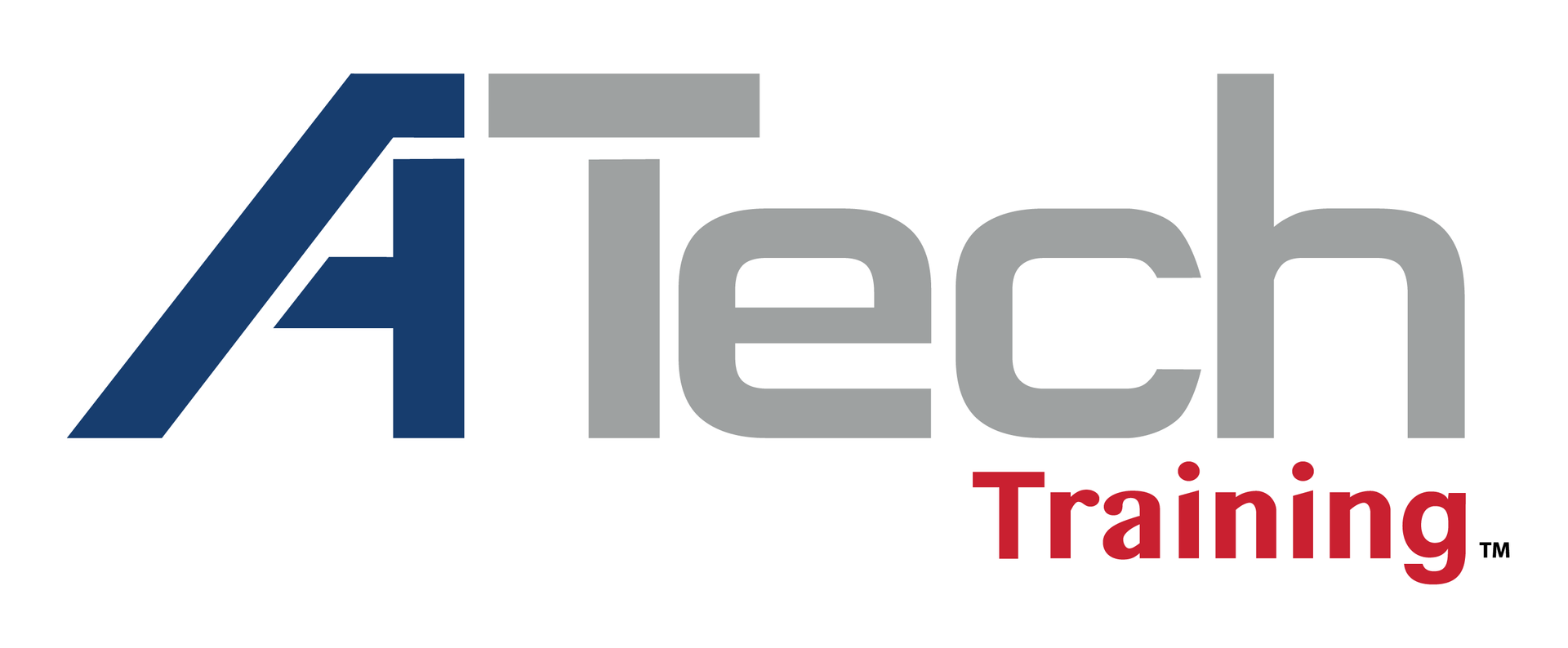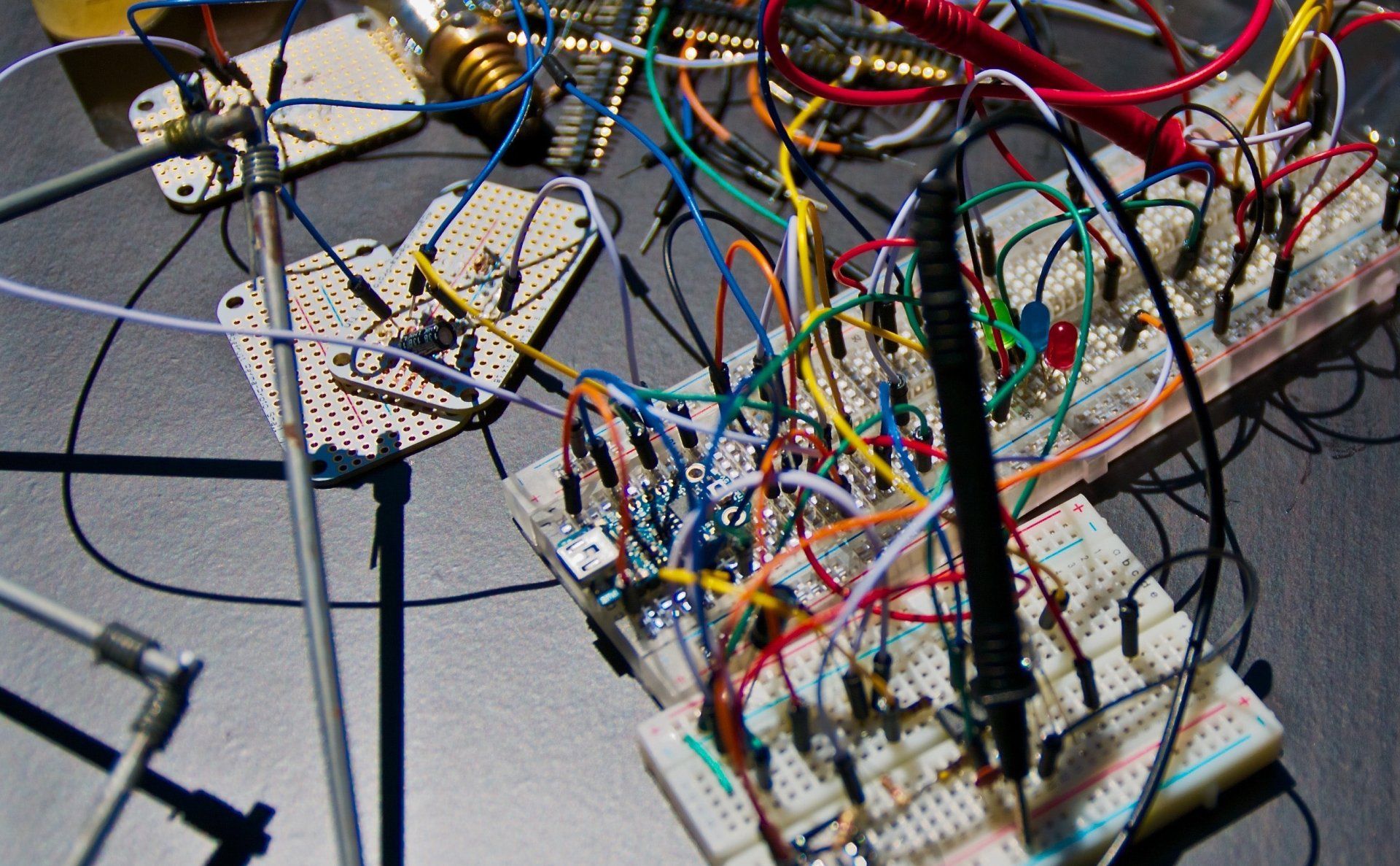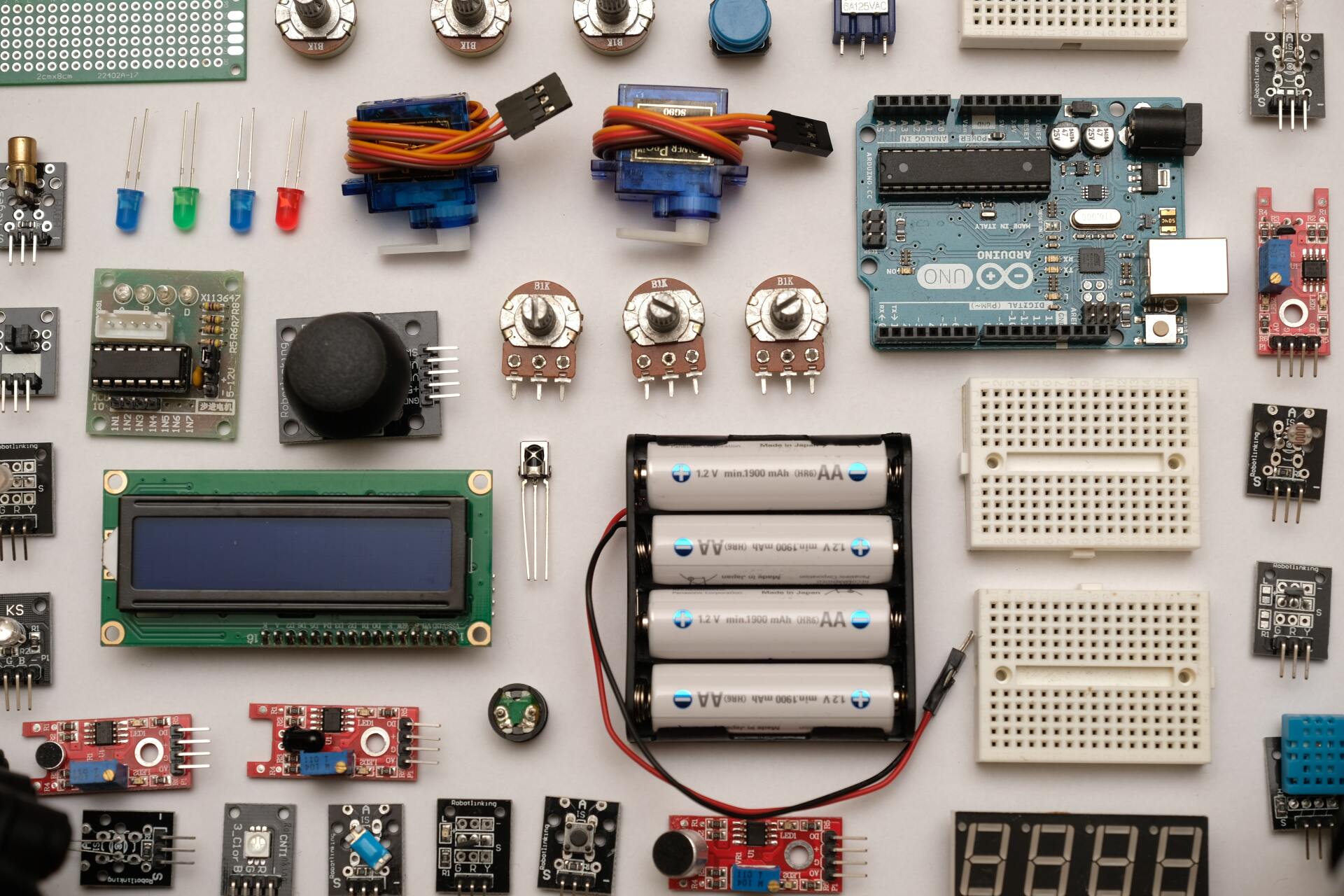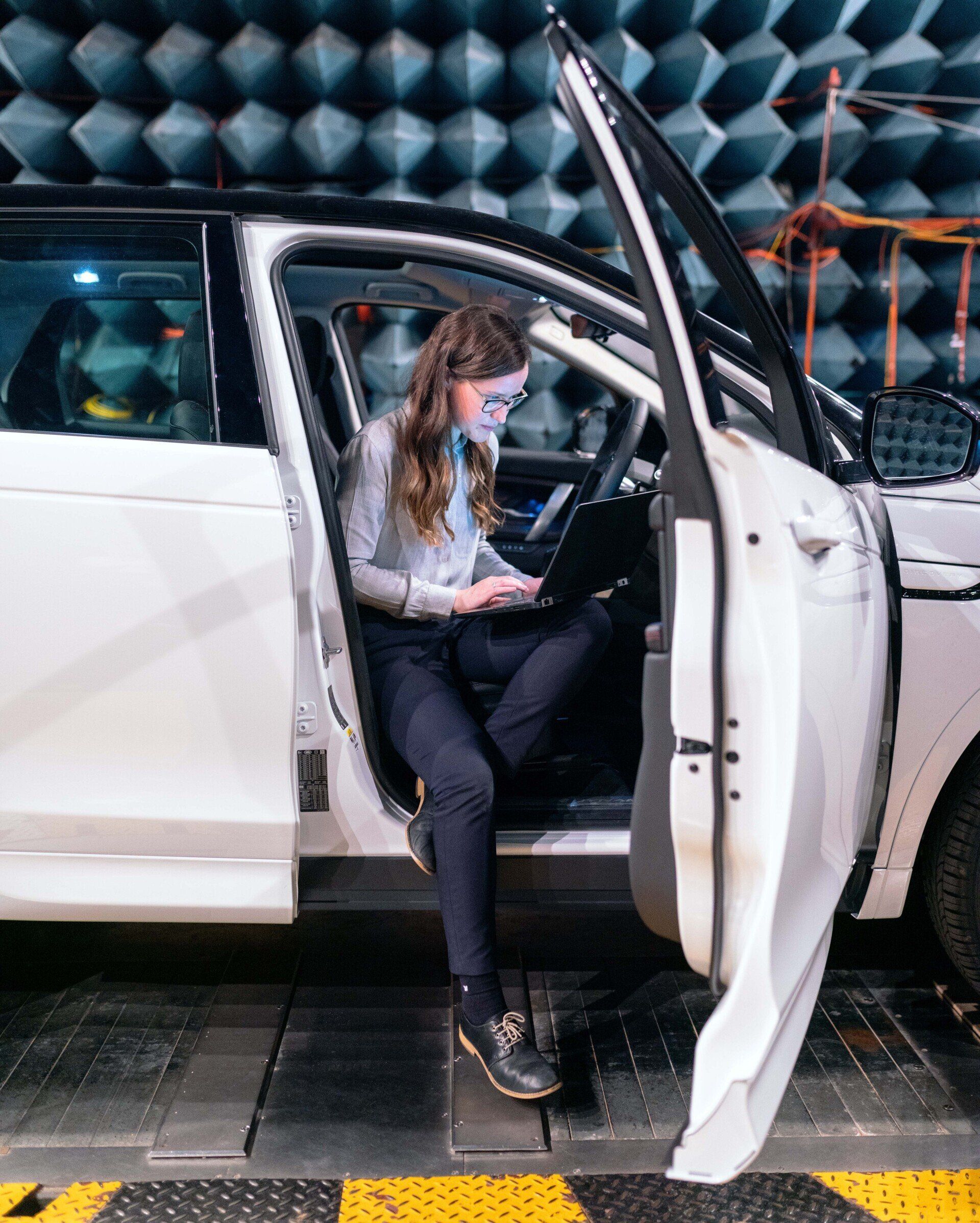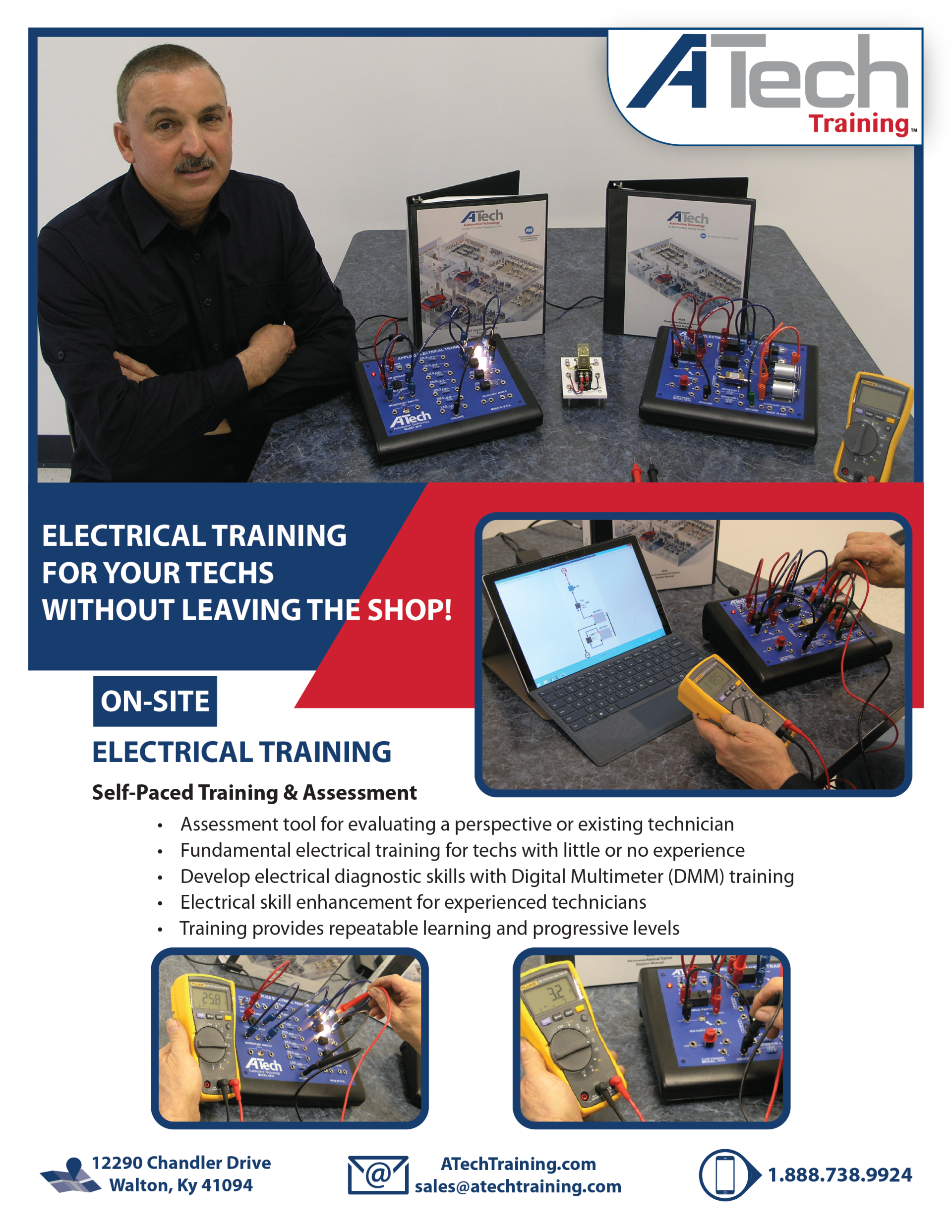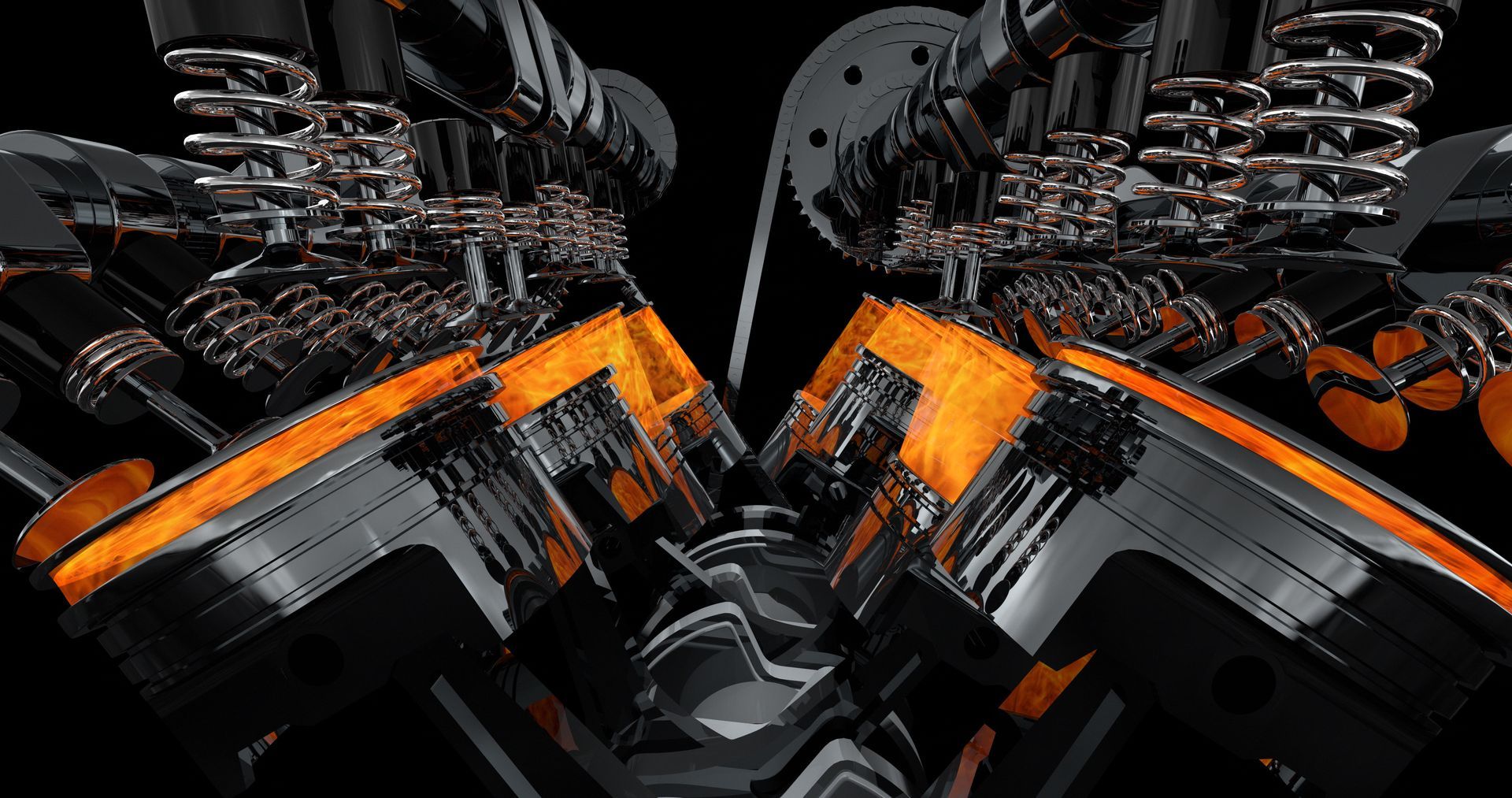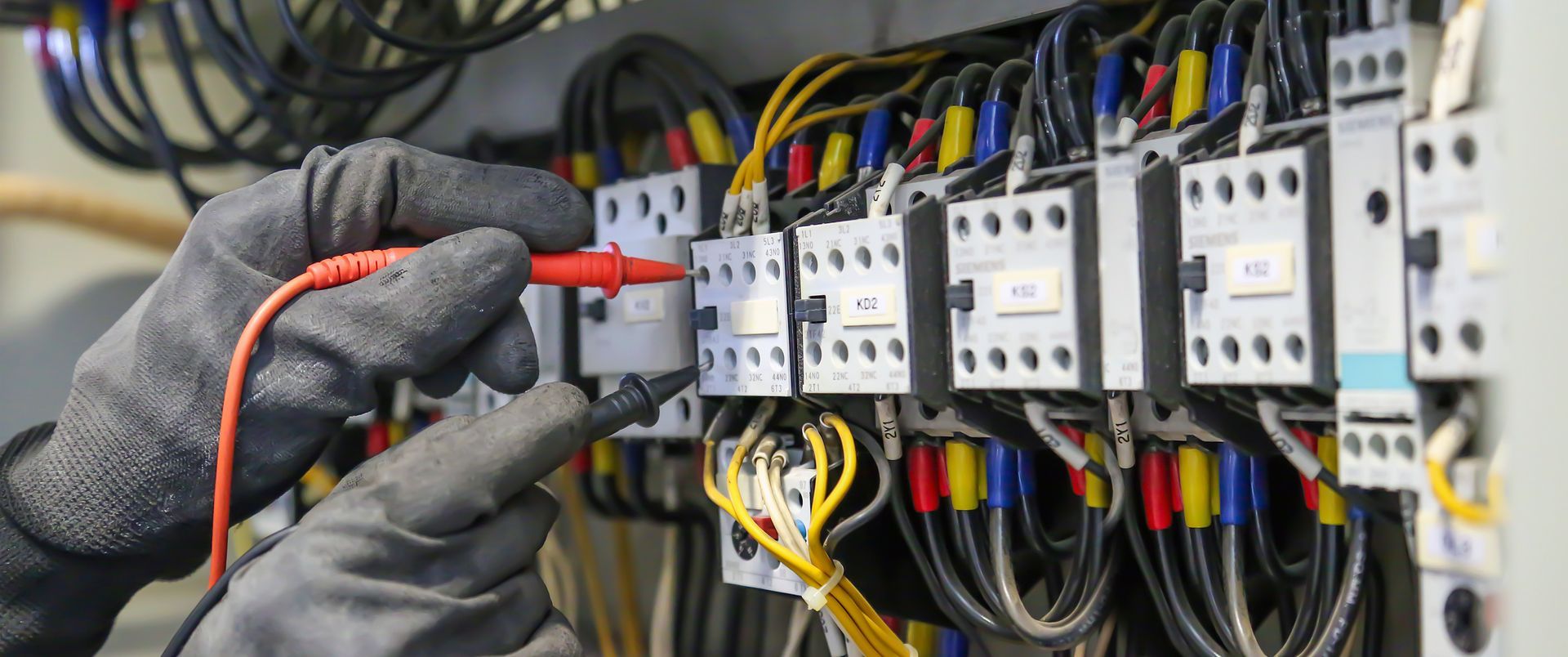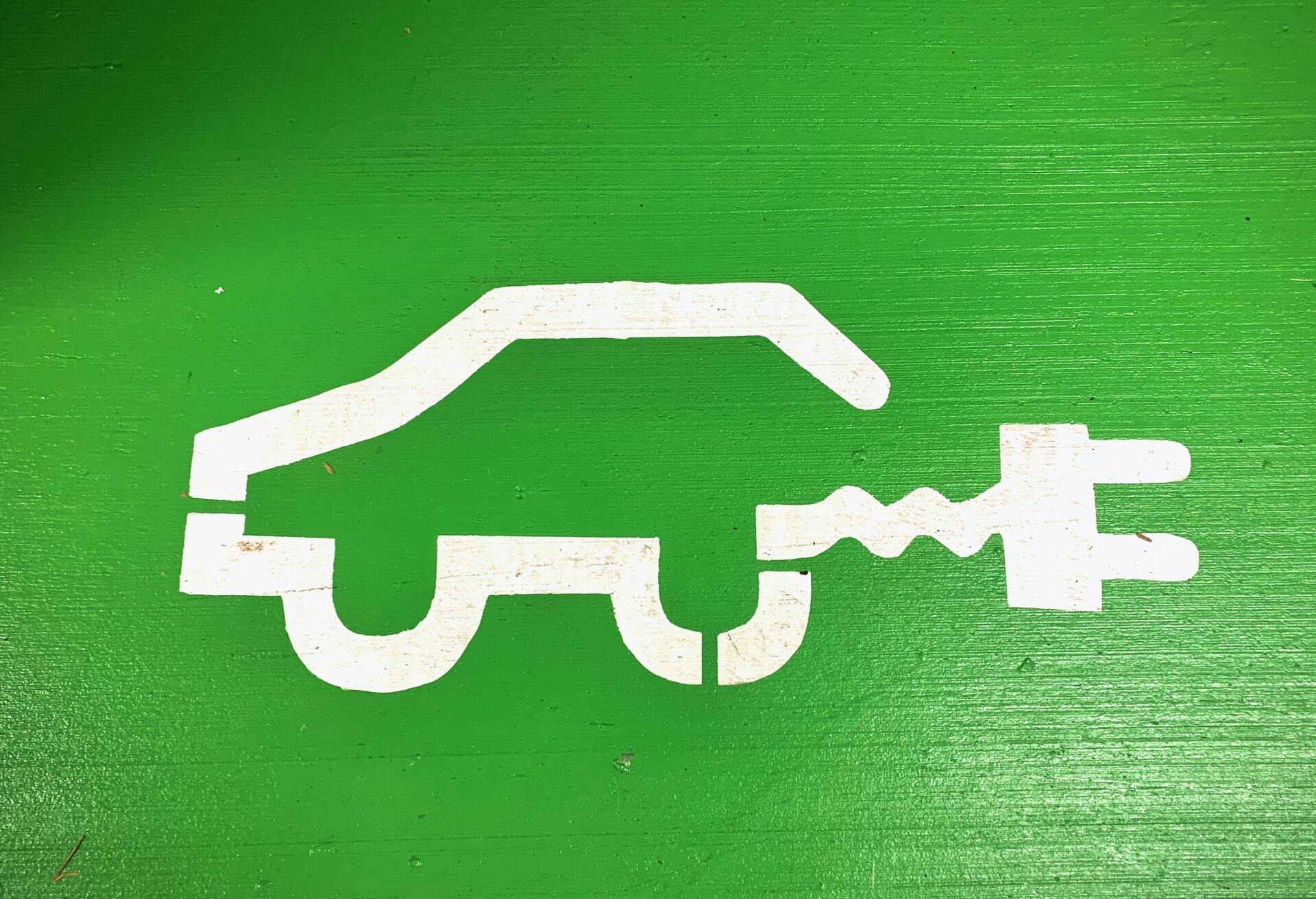I was lucky to grow up in a time before video games, computers, the Internet, and other immersive indoor activities.
Don’t worry, this isn’t going to be one of those “I had to walk to school five miles in the driving snow, uphill both ways” articles, but some groundwork needs to be laid. Instead of an Xbox, smartphone, tablets, and high-end computers (all of which I have now, to be truthful), I had a bicycle, scrap lumber, a go-cart, and a shed full of tools, nails, screws, and bolts. I grew up building things, tearing stuff apart and reassembling, and determining how to use things for tasks they were not initially designed for.
I had a great childhood.

